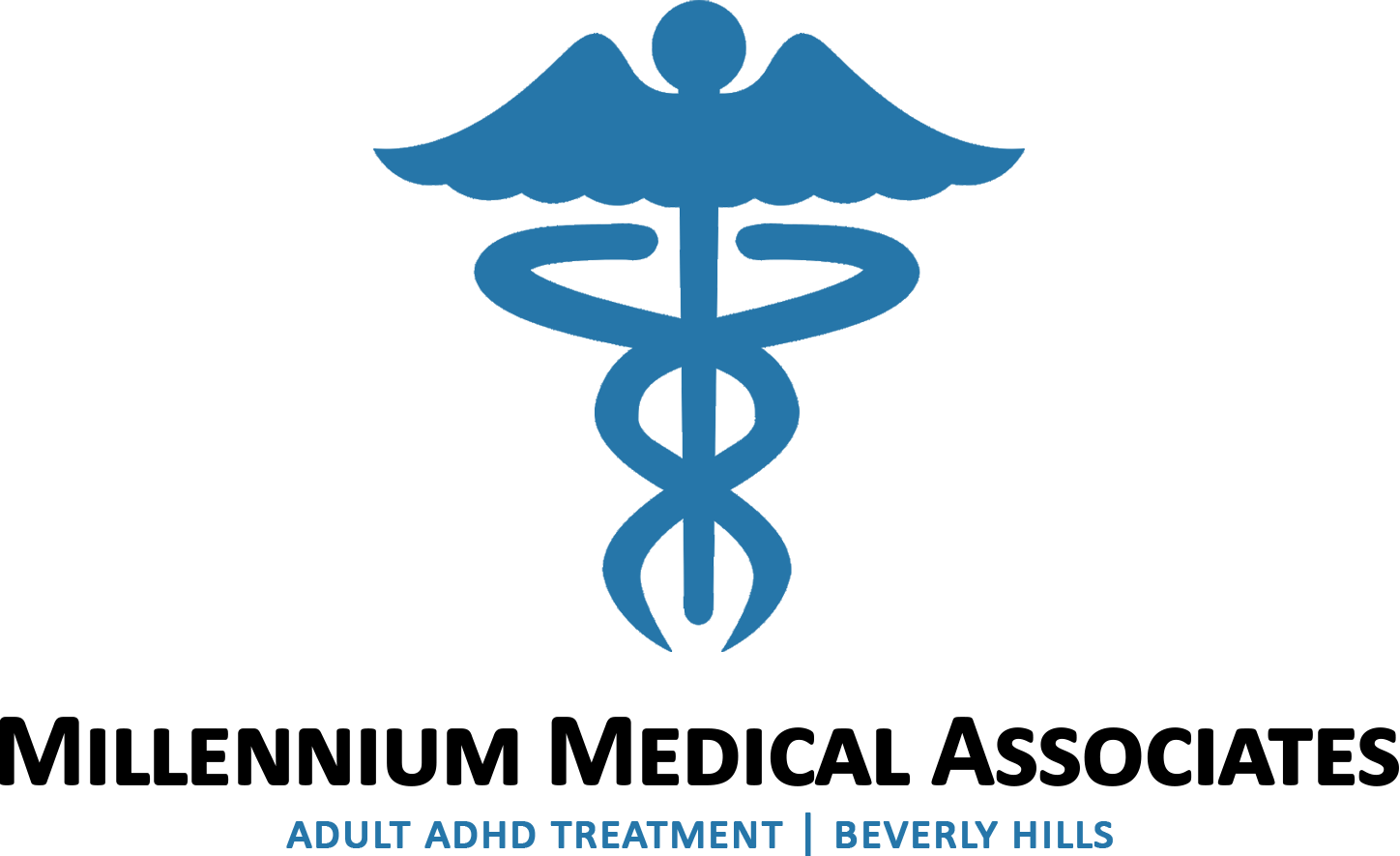Having ADHD in college
College students with ADHD struggle in several educational domains compared to their peers. This is because winning in college warrants excellent time management, concentration, and organization skills — skills that don’t come easy to ADHD brains. Besides, parental support is not as accessible to college students as it is during high school. But while having ADHD in college comes with added pressure, students can still manage their condition by getting the help they need. Here's what you can do to make your college life less stressful.
1. Apply for accommodations
Accommodations are adaptations, including extra time on tests and quieter space to focus, to help you to succeed. The purpose of accommodations is to level the playing field for students with ADHD who find it harder to accomplish their goals relative to their peers.
ADHD is a protected disability, as proposed by the Americans with Disabilities Act. This means ADHD individuals shall receive work accommodations and protections from discrimination. While colleges don’t have an IEP or a 504 plan, they do have a separate office entitled “Student Disability Services” that helps students with learning and attention issues. Thus, be sure to register as a student with disabilities to get reasonable college accommodations as soon as you’re enrolled, as well as check with your college’s office of Student Disability Services, to get the help you need.
Here are some other examples of accommodations in college:
Assigning note-takers for lectures
Audio recordings of class lectures
Taking exams in a room with minimal distractions
Using a laptop in the classroom
2. Try breaking down your study session
The thought of studying for hours may seem pretty overwhelming and boring, causing you to lose focus. While it may not be possible to create your schedule in a classroom, remember you’re your own advocate once in college. Using a timer to take a 15-minute break every 25 minutes of studying, is an effective way of maximizing your focus and staying alert between long study sessions.
3. Stay aware of impulsive spending
Impulsive spending can become a huge challenge when you enter college life where spending may go unleash. For the most part, your parents may still play their role in your spending, such as:
trimming the number of credit cards you own
lowering your credit limit
having access to your account to monitor your expenses
You can do your part by setting a budget and sticking to it or taking an “accountability person” with you for in-store purchases who can keep you from overspending.
4. Acknowledge your “internal clock” when scheduling classes
In college, you have considerable freedom in selecting your class timetable. If you’re not a morning person, you won’t feel at your best in the morning. This hinders your productivity if you choose to attend morning classes. Try to schedule your classes for times of the day when you’re most attentive and alert.
5. Enroll in a summer class
Enrolling in a summer class at college the summer before your first semester:
gives you a preview of college life
takes your education to the next level when your summer course credits are transferred to your college degree program
sparks creativity and boosts self-esteem and confidence
6. Seek local help in your town
The transition to college can be really challenging for students with ADHD. It’s, therefore, of utmost importance to continue seeing a practitioner who specializes in ADHD. In this way, you can receive the appropriate treatment (counseling and medication) as well as get your accommodation requirements evaluated.
If you’re in Los Angeles, at our office, we do offer accommodation evaluations for students with ADHD. You can learn more here.
Contact the office at 310-360-5917 if you have questions about this service.
